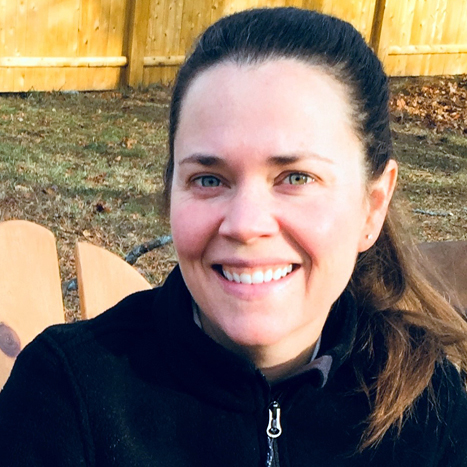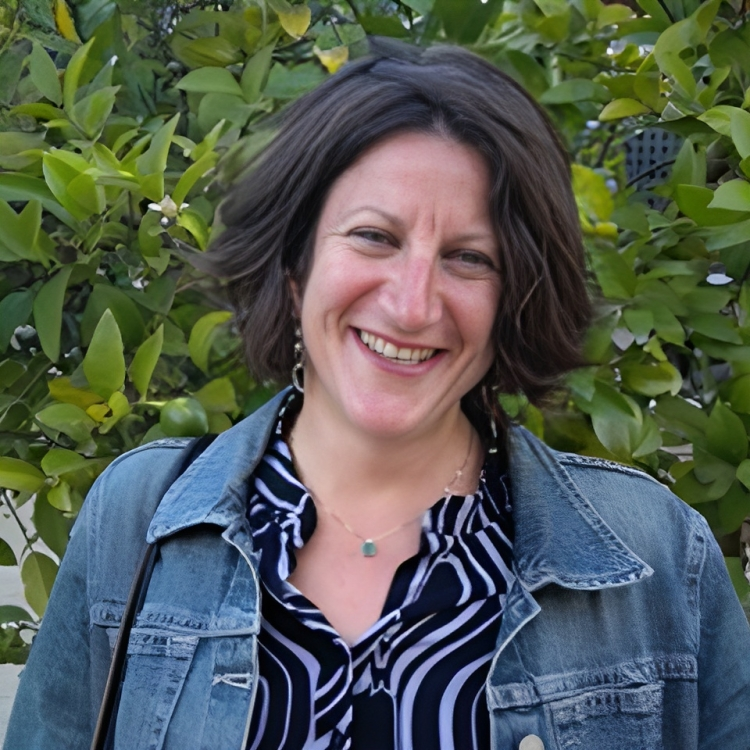
Overview
The goal of University of Illinois SNAP-Ed is to improve healthy eating and physical activity choices of Illinois families with limited incomes to reduce risk of chronic disease, increase access to healthy foods to improve nutrition security, and create community collaborations focused on obesity prevention. Illinois SNAP-Ed utilizes a “community network” approach to reach these goals. Community networks are targeted geographic areas (neighborhoods, towns, cities) where SNAP-Ed eligible families live, work, shop, eat, play, and learn. Altarum has worked closely with Illinois SNAP-Ed to assess the community network approach and progress made toward achieving programmatic goals.
Our Approach
Altarum worked with Illinois SNAP-Ed to develop a method for measuring program dosage of intervention components of the multi-level, multi-component program across community networks. We then planned and conducted an impact evaluation of the Illinois SNAP-Ed community network model in a diverse set of sample networks across the state. We conducted staff focus groups and assessed partnerships and coalitions in these networks. We have also assessed Illinois SNAP-Ed’s new social marketing campaign, Eat.Move.Save., which is designed to promote healthy eating and physical activity in communities having high concentrations of families with lower incomes. Finally, we are in the process of designing and executing an economic analysis that will help assess the potential societal value and expected return on investment from improved health and behavior change caused by Illinois SNAP-Ed programming.
Results
We have gathered data that allows Illinois SNAP-Ed to make evidence-informed decisions for future programming efforts and builds upon the literature of community-based public health approaches. Ongoing evaluation will further strengthen SNAP-Ed programming in Illinois and will be disseminated more broadly to inform SNAP-Ed programming at the national level.

Contact Us

Brenda Wolford - MS, RD
Senior Associate, Community Health
Areas of Expertise- Food and Nutrition Assistance Programs
- Mixed Methods Program Evaluation
- Nutrition and Physical Activity Evidence-Based Programming
Brenda is a senior associate in Altarum’s community health practice area. She has worked on SNAP-Ed evaluations since 2013, leading evaluation activities and providing technical assistance to 13 different states. Brenda provides management, research, and technical support to several projects, including lead roles in planning, conducting, and analyzing SNAP-Ed social marketing evaluations and policy, systems, and environmental (PSE) change strategies. Brenda has worked on SNAP-Ed evaluation and technical assistance projects in the states of Alabama, Arkansas, Illinois, Indiana, Iowa, Louisiana, Maine, Michigan, Mississippi, New York, Ohio, Rhode Island, and Tennessee. Prior to joining Altarum, Brenda was the nutrition, family and consumer sciences advisor for the University of California Cooperative Extension, Los Angeles County, where she directed SNAP-Ed and the Expanded Food and Nutrition Education Program (EFNEP). Brenda is a registered dietitian with a master’s degree in food policy and applied nutrition.

Diane Woloshin - MS, RD
Senior Associate, Food and Nutrition
Areas of Expertise- State and Federal Food and Nutrition Programs
- Training and Technical Assistance
- Qualitative Research and Mixed Methods Program Evaluation
Diane is a seasoned health administrator and expert in food and nutrition program development, implementation, and evaluation. She has contributed to SNAP-Ed evaluation projects in nine states as well as nationwide studies on SNAP and WIC conducted by Altarum. She has extensive experience in the development of qualitative and quantitative data collection instruments and protocols, the facilitation of focus groups and key informant interviews, analysis and reporting of findings, and training and curriculum development. Diane is a former director of nutrition services for Alameda County, California and deputy director of the California WIC Association, where she advocated for women and families at the state and federal levels. Diane is a registered dietitian and has a master’s degree in health care administration.